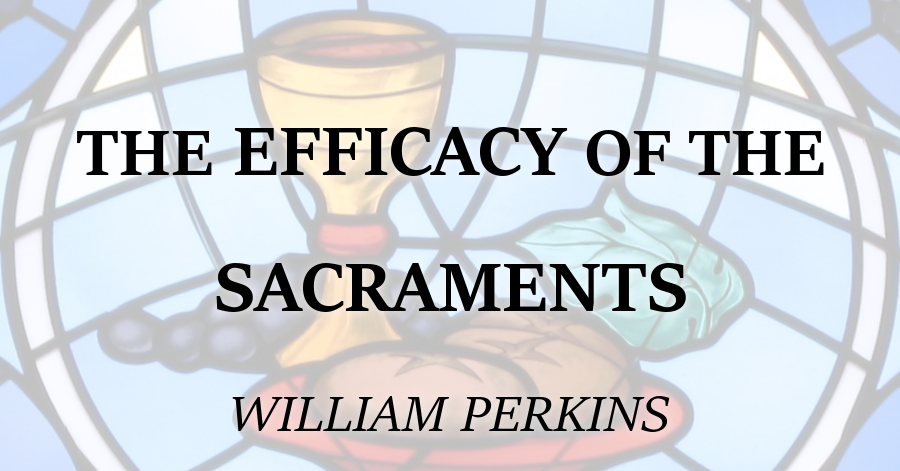R
RemovedbyRequest
Guest
Calvin here sounds very different from most of the reformed theology I've heard (from popular sources like ligonier).
From book 4 chapter 4:
"The last advantage which our faith receives from baptism is its assuring us not only that we are ingrafted into the death and life of Christ, but so united to Christ himself as to be partakers of all his blessings."
"Nor can we admit Augustine’s subtlety, that by the baptism of John sins were forgiven in hope, but by the baptism of Christ are forgiven in reality. For seeing the Evangelist clearly declares that John in his baptism promised the remission of sins, why detract from this eulogium when no necessity compels it?"
"Believers become assured by baptism, that this condemnation is entirely withdrawn from them, since (as has been said) the Lord by this sign promises that a full and entire remission has been made, both of the guilt which was imputed to us, and the penalty incurred by the guilt."
"We ought to consider that at whatever time we are baptised, we are washed and purified once for the whole of life. Wherefore, as often as we fall, we must recall the remembrance of our baptism, and thus fortify our minds, so as to feel certain and secure of the remission of sins. ... it wipes and washes away all our defilements."
He sounds more like the lutherans and anglicans. Was protestantism historically more unified on this issue of baptismal efficacy? Has the reformed tradition drifted from Calvin (and the other reformers) on this point?
From book 4 chapter 4:
"The last advantage which our faith receives from baptism is its assuring us not only that we are ingrafted into the death and life of Christ, but so united to Christ himself as to be partakers of all his blessings."
"Nor can we admit Augustine’s subtlety, that by the baptism of John sins were forgiven in hope, but by the baptism of Christ are forgiven in reality. For seeing the Evangelist clearly declares that John in his baptism promised the remission of sins, why detract from this eulogium when no necessity compels it?"
"Believers become assured by baptism, that this condemnation is entirely withdrawn from them, since (as has been said) the Lord by this sign promises that a full and entire remission has been made, both of the guilt which was imputed to us, and the penalty incurred by the guilt."
"We ought to consider that at whatever time we are baptised, we are washed and purified once for the whole of life. Wherefore, as often as we fall, we must recall the remembrance of our baptism, and thus fortify our minds, so as to feel certain and secure of the remission of sins. ... it wipes and washes away all our defilements."
He sounds more like the lutherans and anglicans. Was protestantism historically more unified on this issue of baptismal efficacy? Has the reformed tradition drifted from Calvin (and the other reformers) on this point?

